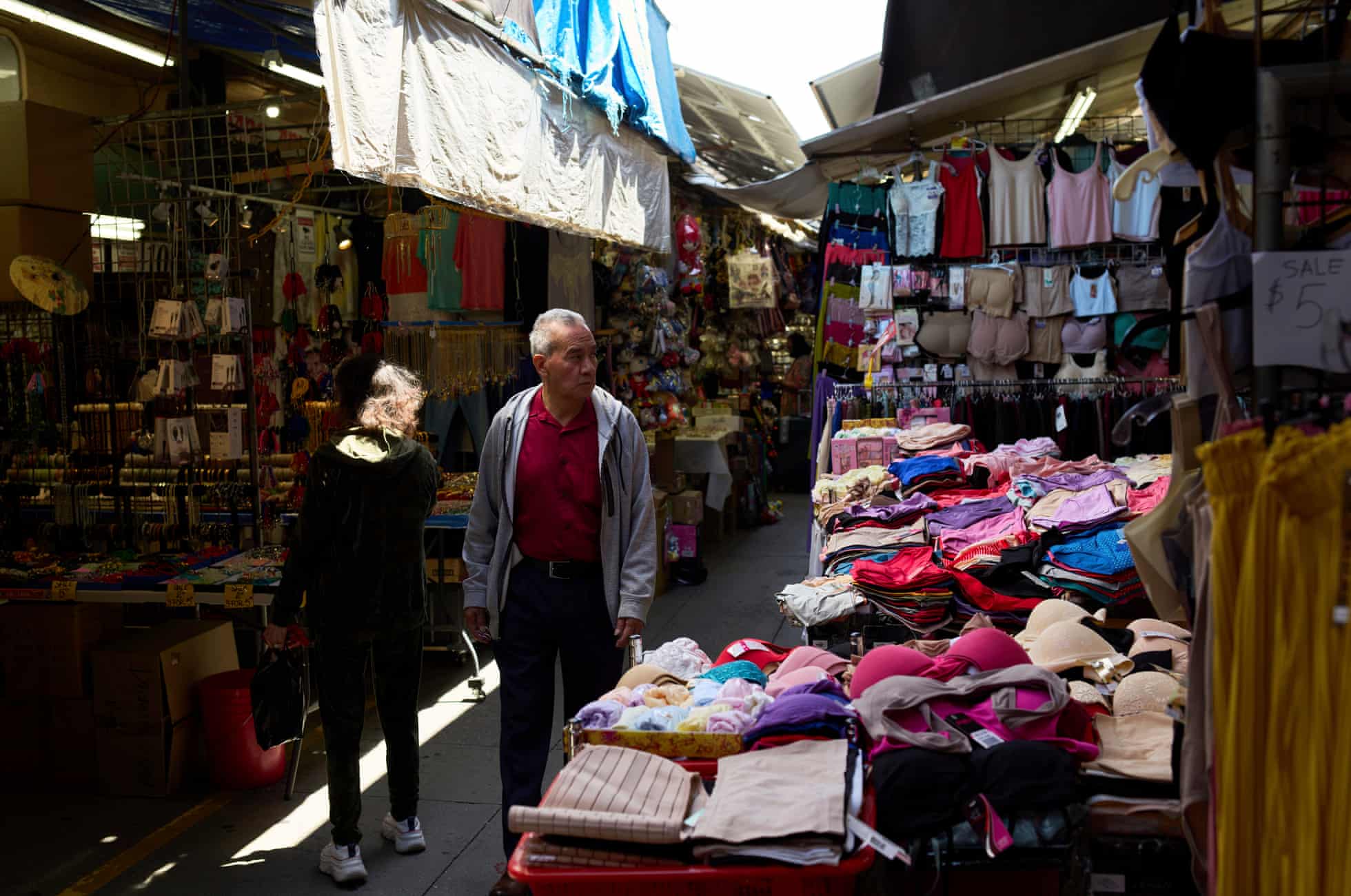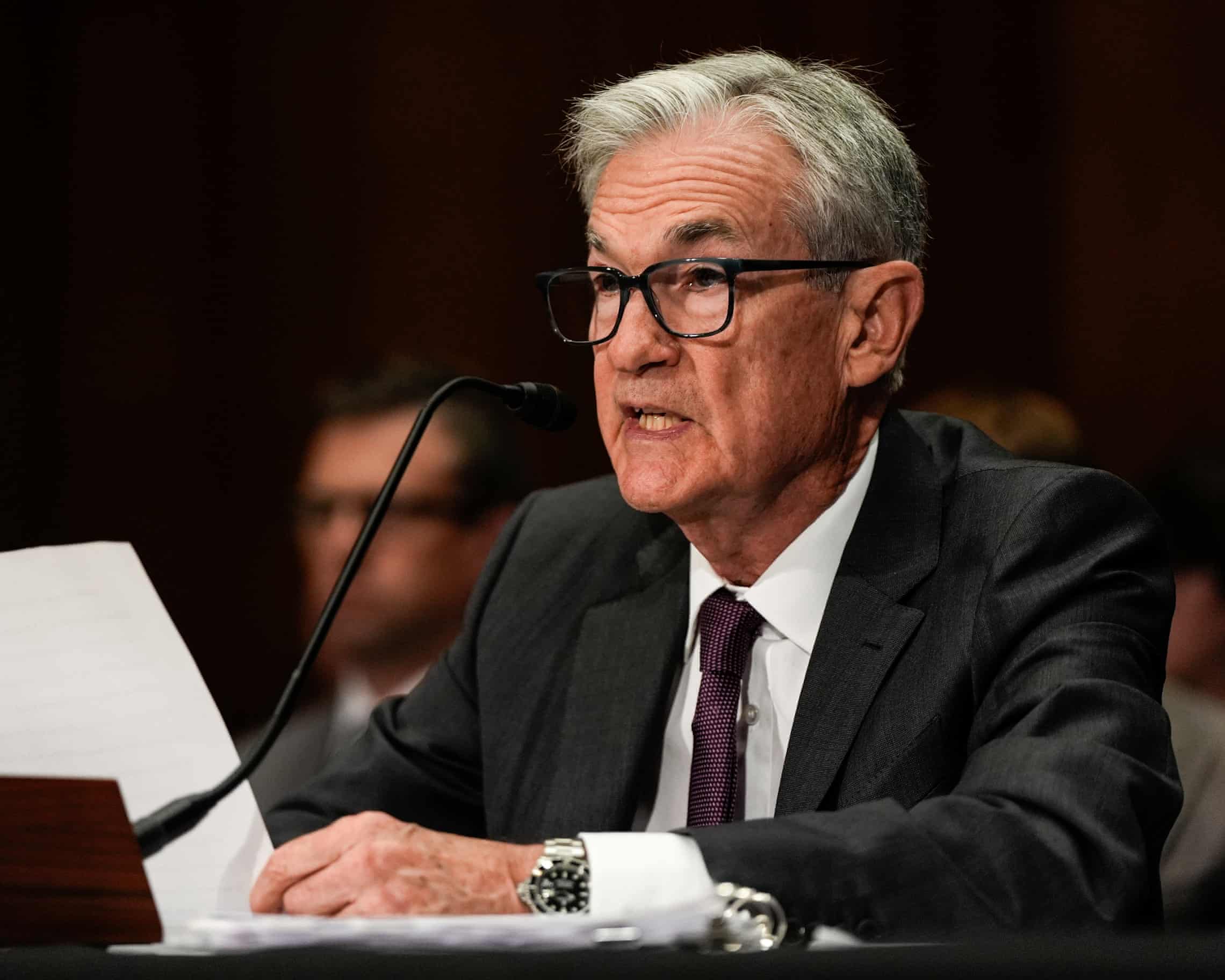
On a balmy afternoon last month, Amy Tran unboxed a delivery at Yue Wa Market, a small grocery and herbal medicine shop in Los Angeles’s Chinatown that she opened 17 years ago.
The package contained two dozen units of Shou Wu Chih, a Chinese herbal concoction known to rebuild kidney function and promote hair health. The shipment arrived two weeks after the US implemented new tariffs on Chinese imports, so her distributor charged her $115, a $35 markup from her previous order.
Tran said she had no choice but to increase the retail price from $6 to $7. It’s a steep up-charge for her customers, who are primarily Chinese seniors living off food stamps, some barely able to afford to buy a piece of fresh fruit or vegetable.
The tariffs have exacerbated her already dire financial situation. For the past three years, Tran said she had netted no profit, some months not even generating enough sales to cover rent. And she may soon have to raise prices on the dozens of other imported products on her shelves, she said, including an abundance of Asian sauces, dry noodles, ginseng and ointments.
But at 58, she sees few other options. “At my age, it’s hard to find work anywhere else,” Tran said in Mandarin. “I’m just taking it day by day.”





 The US dollar has had its worst first half-year in more than 50 years, as the...
The US dollar has had its worst first half-year in more than 50 years, as the... Trump posted a letter sent to Canadian Prime Minister Mark Carney in which he outlined the...
Trump posted a letter sent to Canadian Prime Minister Mark Carney in which he outlined the... Federal Reserve chair Jerome Powell said earlier this morning that the central bank would likely have...
Federal Reserve chair Jerome Powell said earlier this morning that the central bank would likely have...






























